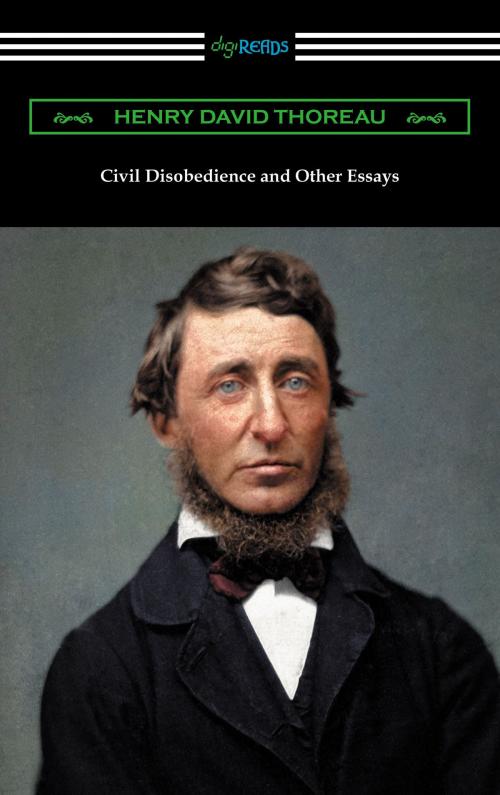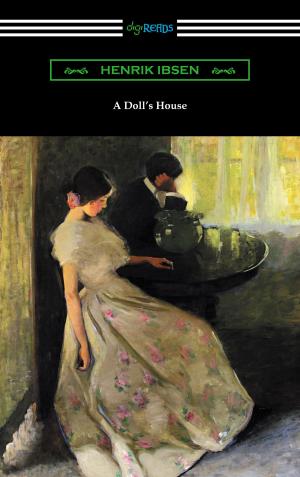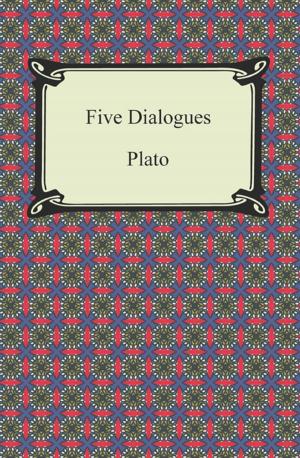| Author: | Henry David Thoreau | ISBN: | 9781420956405 |
| Publisher: | Neeland Media LLC | Publication: | September 20, 2017 |
| Imprint: | Digireads.com Publishing | Language: | English |
| Author: | Henry David Thoreau |
| ISBN: | 9781420956405 |
| Publisher: | Neeland Media LLC |
| Publication: | September 20, 2017 |
| Imprint: | Digireads.com Publishing |
| Language: | English |
American author, naturalist, and abolitionist, Henry David Thoreau was a principal figure of the 19th century movement of Transcendentalism. Central to the philosophy is a belief that people, who are inherently good, are corrupted by the organized institutions of society and that consequently the best community is one that is built upon on independence and self-reliance. This corrupting influence is discussed in one of Thoreau’s most famous essay, “Civil Disobedience”, in which he argues that individuals have a duty to resist their acquiescence to governmental injustice. Also contained in this collection are the following additional essays: “Natural History of Massachusetts”, “A Walk to Wachusett”, “The Landlord”, “A Winter Walk”, “The Succession of Forest Trees”, “Walking”, “Autumnal Tints”, “The Scarlet Oak”, “Wild Apples”, “Night and Moonlight”, “Aulus Persius Flaccus”, “Herald of Freedom”, “Life Without Principle”, “Paradise (to be) Regained”, “A Plea for John Brown”, “The Last Days of John Brown”, “After the Death of John Brown”, “The Service”, “Slavery in Massachusetts”, and “Wendell Phillips Before Concord Lyceum”. This edition includes a biographical afterword.
American author, naturalist, and abolitionist, Henry David Thoreau was a principal figure of the 19th century movement of Transcendentalism. Central to the philosophy is a belief that people, who are inherently good, are corrupted by the organized institutions of society and that consequently the best community is one that is built upon on independence and self-reliance. This corrupting influence is discussed in one of Thoreau’s most famous essay, “Civil Disobedience”, in which he argues that individuals have a duty to resist their acquiescence to governmental injustice. Also contained in this collection are the following additional essays: “Natural History of Massachusetts”, “A Walk to Wachusett”, “The Landlord”, “A Winter Walk”, “The Succession of Forest Trees”, “Walking”, “Autumnal Tints”, “The Scarlet Oak”, “Wild Apples”, “Night and Moonlight”, “Aulus Persius Flaccus”, “Herald of Freedom”, “Life Without Principle”, “Paradise (to be) Regained”, “A Plea for John Brown”, “The Last Days of John Brown”, “After the Death of John Brown”, “The Service”, “Slavery in Massachusetts”, and “Wendell Phillips Before Concord Lyceum”. This edition includes a biographical afterword.















